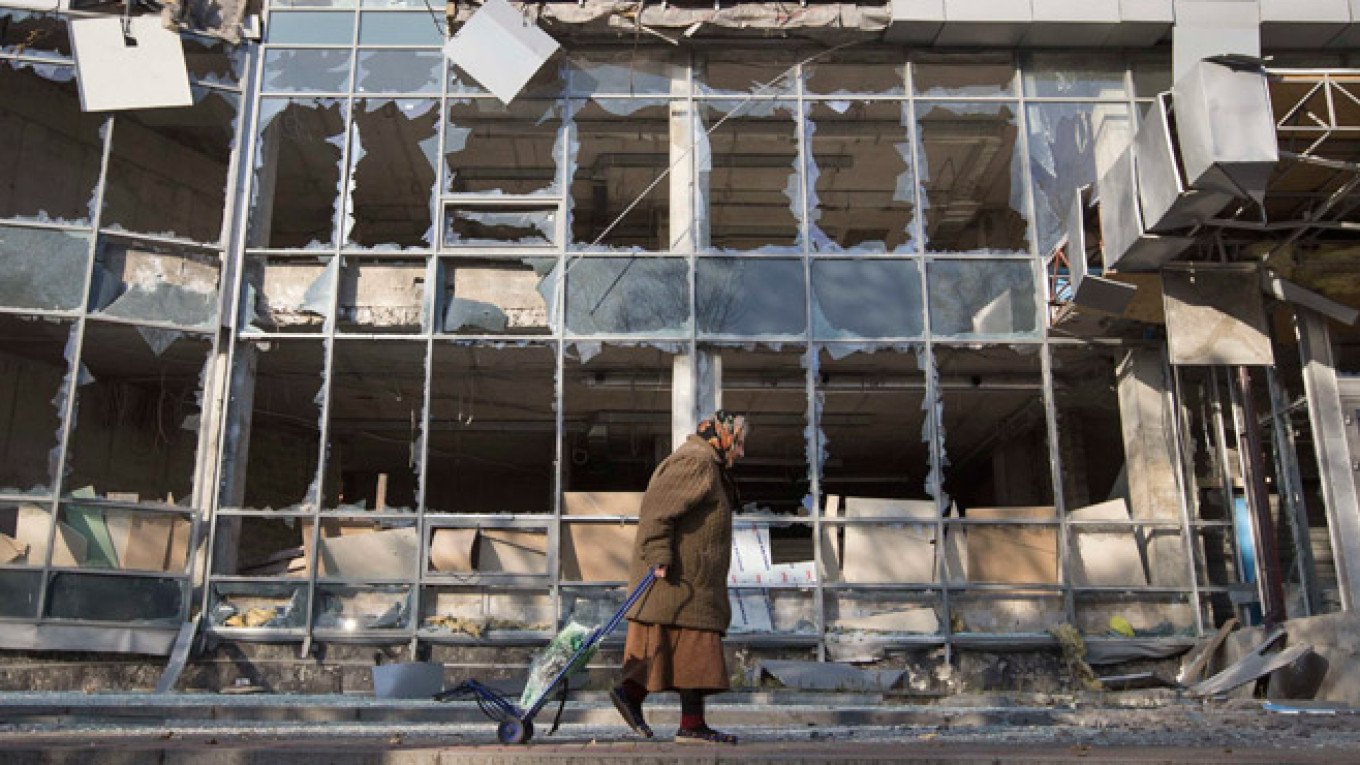2014 has been a terrible year for Russia's foreign policy. For the first time in 15 years the country's international position has been significantly weakened and the external conditions for its socio-economic development, a key performance indicator, have turned negative under sweeping Western sanctions.
The annexation of Crimea and military interference in eastern Ukraine have reversed 20 years of Russian diplomacy. Where Russia prized respect for state sovereignty, internationally recognized borders, non-interference in internal affairs and condemned separatism, it now finds itself defending an armed land-grab, secessionism, cross-border banditry and a dictate on a sovereign state's constitutional arrangements.
Where Moscow was dead serious about its nuclear non-proliferation commitments, it has now abandoned its nuclear security guarantees under the Budapest Memorandum.
Russia's key foreign policy objectives in Europe and the former Soviet Union have been compromised, while the new goals are unrealistic. Hopes for a "new world order," where great powers decide which alliances smaller states should belong to, are detached from reality. The "Integrate, or else" approach to the former Soviet Union has blown up in Moscow's face in Ukraine and will no longer sell.
Relations with key international partners — the United States, Germany, France, Japan — are in tatters, while the pivot to China has been hasty and on conditions that are yet to be revealed and properly assessed. An anti-U.S. coalition has failed to materialize.
That all of this has been largely self-inflicted underscores the dysfunctional state of Russia's foreign policy process and the demise of a viable public debate on foreign policy issues.
The adverse international ramifications of annexing Crimea were poorly understood, while the likelihood of a unified Western response to defend the legal foundations of the postwar European order was recklessly dismissed. A woeful diplomatic and intelligence failure underestimated the Churchillian resolve of German Chancellor Angela Merkel to defend the European order.
False foreign policy objectives and a distorted view of international realities are promoted by crude propaganda, while an informed foreign policy debate cannot begin until the president makes a decision, ending further discussion. Alternative visions are blocked and "Team B" analysis discouraged.
This is not the way to run the international affairs of a great power.
Vladimir Frolov is president of LEFF Group, a government relations and PR company.
A Message from The Moscow Times:
Dear readers,
We are facing unprecedented challenges. Russia's Prosecutor General's Office has designated The Moscow Times as an "undesirable" organization, criminalizing our work and putting our staff at risk of prosecution. This follows our earlier unjust labeling as a "foreign agent."
These actions are direct attempts to silence independent journalism in Russia. The authorities claim our work "discredits the decisions of the Russian leadership." We see things differently: we strive to provide accurate, unbiased reporting on Russia.
We, the journalists of The Moscow Times, refuse to be silenced. But to continue our work, we need your help.
Your support, no matter how small, makes a world of difference. If you can, please support us monthly starting from just $2. It's quick to set up, and every contribution makes a significant impact.
By supporting The Moscow Times, you're defending open, independent journalism in the face of repression. Thank you for standing with us.
Remind me later.


